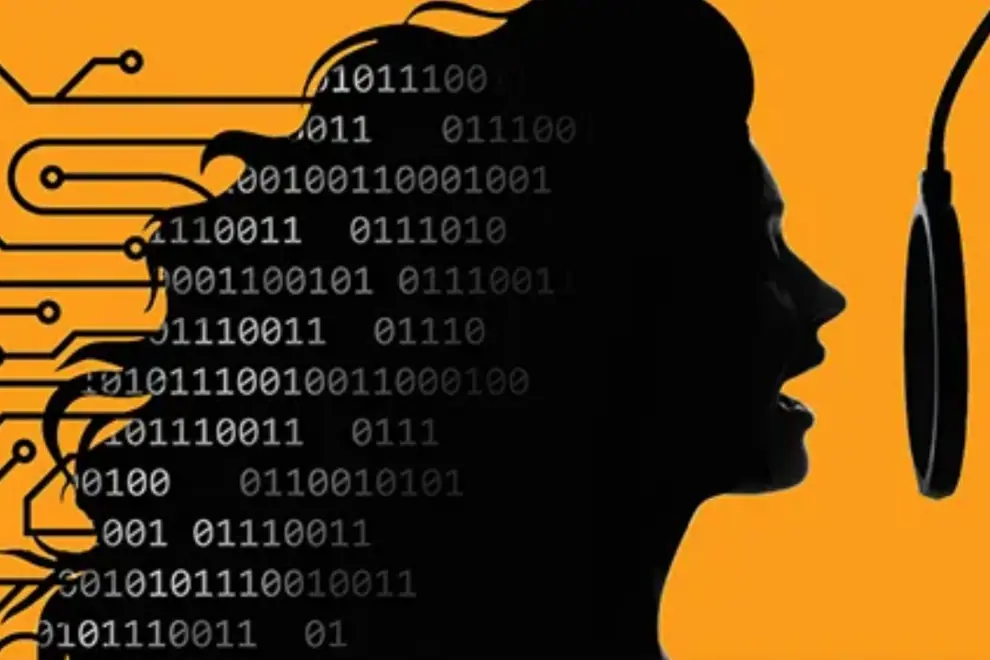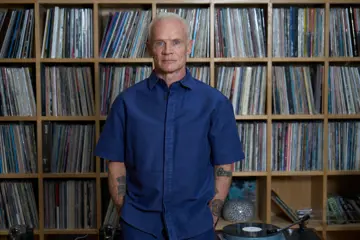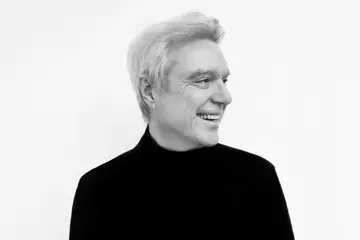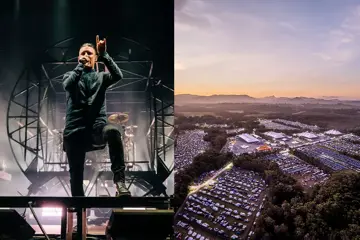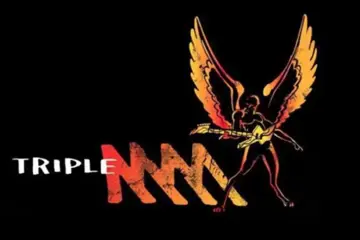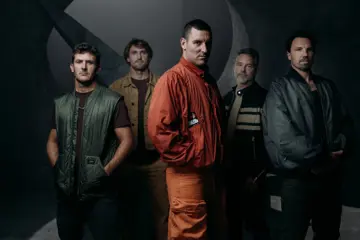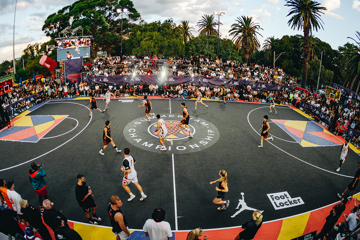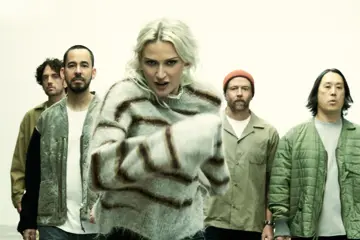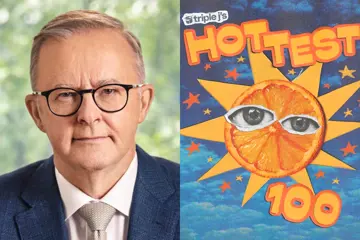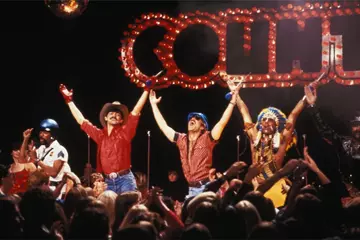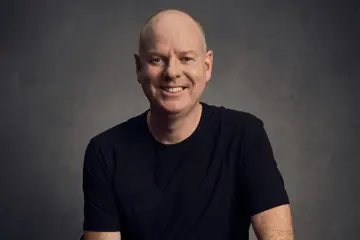A cohort of more than 200 musicians have banded together to speak out against the rise of artificial intelligence in songwriting – and the music industry as a whole – sharing an open letter to push back at such insidious activity.
READ MORE: Is AI Going To Kill Music?
It comes via Artist Rights Alliance (ARA), a non-profit organisation comprised (in their own words) of “working musicians, performers, and songwriters fighting for a healthy creative economy and fair treatment for all creators in the digital world”. The board has pioneered a proprietary Artists’ Bill Of Rights, which it says “outlines fundamental principles for today’s music economy”.
In their letter – directed at developers of AI services, technology companies, platforms and digital music services – ARA call for a stop to the use of AI in music business, which they argue “infringe[s] upon and devalue[s] the rights of human artists”.
The group concedes that “when used responsibly, AI has enormous potential to advance human creativity and in a manner that enables the development and growth of new and exciting experiences for music fans everywhere”. But the technology isn’t necessarily being used that way, ARA stresses, noting that “some platforms and developers are employing Al to sabotage creativity and undermine artists, songwriters, musicians and rightsholders”.
Don't miss a beat with our FREE daily newsletter
The board argues: “When used irresponsibly, Al poses enormous threats to our ability to protect our privacy, our identities, our music and our livelihoods. Some of the biggest and most powerful companies are, without permission, using our work to train Al models. These efforts are directly aimed at replacing the work of human artists with massive quantities of Al-created ‘sounds’ and ‘images’ that substantially dilute the royalty pools that are paid out to artists. For many working musicians, artists and songwriters who are just trying to make ends meet, this would be catastrophic.
“Unchecked, Al will set in motion a race to the bottom that will degrade the value of our work and prevent us from being fairly compensated for it.”
Thus, ARA (quite rightfully) declare that the use of AI – which they describe as an “assault on human creativity” – cannot continue, at least in its current form. The letter continues: “We must protect against the predatory use of AI to steal professional artists’ voices and likenesses, violate creators’ rights, and destroy the music ecosystem.”
In closing, the board – and by extension, the artists who have signed on to it – call for the aforementioned parties to “pledge that they will not develop or deploy AI music-generation technology, content or tools that undermine or replace the human artistry of songwriters and artists or deny us fair compensation for their work”.
Notable artists to have signed the letter include BENEE, Benny The Butcher, Billie Eilish, the estate of Bob Marley, Brothers Osborne, Camila Cabello, Chappell Roan, Chase & Status, Chuck D, d4vd, Doechii, Elvis Costello, Finneas, FLETCHER, the estate of Frank Sinatra, Greta Van Fleet, J Balvin, Jason Isbell, Jon Bon Jovi, the Jonas Brothers, Kacey Musgraves, Katy Perry, Kim Petras, Mac DeMarco, Marcus King, Metro Boomin, Mumford & Sons, Nicki Minaj, Noah Kahan, Norah Jones, Pearl Jam, Peter Frampton, R.E.M. and Robert Smith.
Head here to see the full letter.
READ MORE: Eight Music Industry Predictions For 2024
AI has become a white-hot source of controversy in the global music industry, with as many artists wholly embracing it as there are artists slamming its use. Artists like James Blunt and Jordan Merrick have made arguments against AI, while the likes of Billy Joel, Peter Gabriel and IDLES (as well as the estate of Elvis Presley) have already utilised it in their own campaigns.
Two companies fully invested in AI are Spotify and TikTok: the former uses generative AI for its DJ, Daylist and Song Psychic tools, while the latter is beta testing a function that allows content creators to generate entire songs with AI (however early examples have proved that to be rather catastrophic). Last year, a study found that 59 percent of young Australians feel comfortable with the prospect of AI-generated music.
Warner Music Group are also keen to utilise the tech, announcing back in February that the company wants to “be at the forefront of identifying opportunities for our artists and our songwriters – and their fans – to tap into the benefits of AI”.

